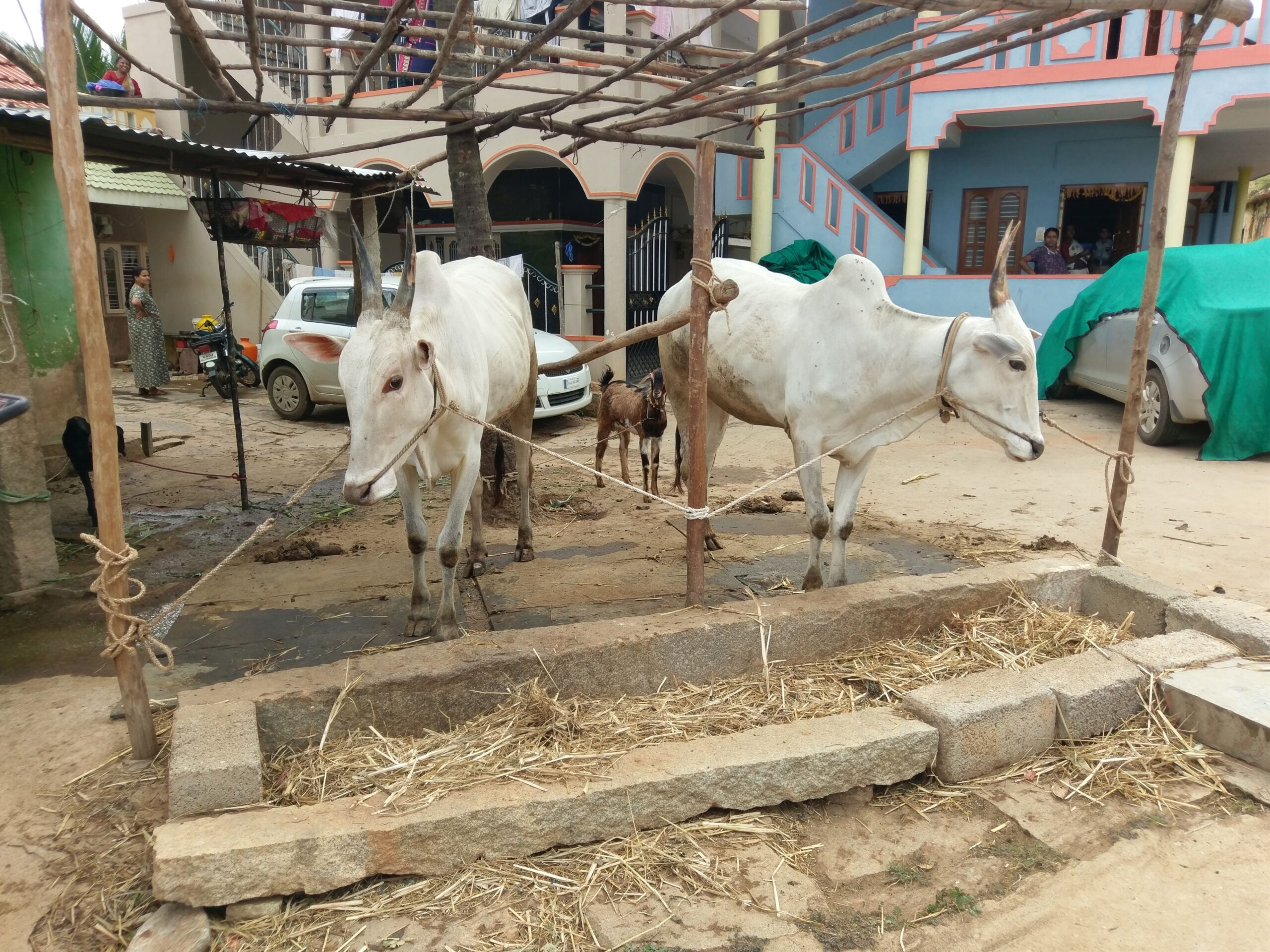Social and Behavioural
Explore Social and Behavioural

Dr Nicole Hune | The path back: Reconnecting with “the self” and others in recovery from schizophrenia and substance use disorders
Schizophrenia and substance use disorders (or SUDs for short) are two significantly complex conditions that share overlapping symptoms and result in serious complications without treatment. Research suggests that a number of complex features are associated with these disorders, including neurological, physiological and bio-psycho-social. When these conditions occur together, they often create profound experiences of disconnectedness, both with oneself and with others in the support community. An article authored by Dr. Nicole Hune and Dr. Tom McGovern at Texas Tech University explores how treatment and recovery from co-occurring schizophrenia and SUDs could benefit from viewing these conditions from an integrated neurobiological and intersubjective understanding of connectedness.

Dr. Ellen Hoffmann | Rurbanity: How rural and urban phenomena intermingle worldwide
Over the next few decades, the Earth’s urban population is set to explode, with the large majority of growth happening in cities across the Global South. A team of researchers at the Universities of Kassel and Göttingen, led by Prof. Andreas Bürkert and Prof. Nikolaus Schareika, predicts that these changes will be widely characterized by a merging of rural and urban features: a concept defined as ‘rurbanity’ in a recent landmark publication authored by Dr. Ellen Hoffmann and colleagues. By studying this phenomenon closely, the team aims to support cities in the Global South in their efforts to better prepare for the challenges to come. The concept is comprehensive enough to allow researchers to also understand ongoing processes of change in more mature cities of the North, such as climate-smart and socially inclusive adaptations, through the lens of rurbanity.

Dr. Nicole Letourneau | Improving Parenting and Child Outcomes Through Reflective Functioning: Results from the ATTACH™ Program
Early adversity, such as family violence, parental depression and low income, puts children at risk for maltreatment and negatively impacts their development. A team of researchers led by Nicole Letourneau at the University of Calgary has evaluated a promising intervention called ATTACH™ (which is short for Attachment and Child Health) that aims to improve outcomes for vulnerable families by enhancing parental reflective functioning.

Professor Bertrand Guillotin | What Happens When Companies Take a Stand Against Unethical Practices?
Corporate responsibility is increasingly crucial for businesses, but it comes with challenges. Using Hershey as an example, Professor Bertrand Guillotin of the Fox School of Business at Temple University explores the chocolate industry’s struggle with child labor in West Africa. Despite commitments to eradicate this issue, progress has been slow. He examines the changing governance landscape, evolving consumer expectations, and the impact of ethical concerns on business operations.

Professor Bertrand Guillotin | CEOs Face a Tough Challenge in Navigating the ‘Culture Wars’
What is the impact of the ‘culture wars’ on American businesses? Professor Bertrand Guillotin at the Fox School of Business at Temple University explores this phenomenon using the case of Chick-fil-A, a fast-food giant caught in the crossfire of social issues. From its conservative Christian roots to recent attempts at inclusivity, he explores how CEO Andrew Cathy has so far navigated this complex landscape. Examining strategies other companies use to manage their stance in today’s polarized climate, he highlights the challenges of balancing corporate values with social values.

Dr Jerome Premmereur | What Spinoza Can Help us Understand About Extreme Radicalism
In a novel exploration of human radicalism, defined by governments as violent attacks, Dr Jerome Premmereur, a cardiologist and a clinical research expert based in the United States, draws on the philosophy of Baruch Spinoza to propose innovative solutions to the pressing societal issue of terrorism. His new book, “A Biological, Psychological and Philosophical Approach to Human Nature and Radicalism”, examines radicalism through the lens of human biology and Spinoza’s concepts, offering a comprehensive approach to understanding and mitigating extremism. Premmereur argues that radicalism is an inherent part of human nature, but can be addressed through a holistic strategy encompassing education, politics, balanced laws, healthcare, and economic stability. By revisiting ancient Greek democracy and applying Spinoza’s ideas to modern challenges, Premmereur presents an optimistic vision, although challenging in practice, to reduce extremism and create a better world.

Dr Alan Cottey | How we can Improve our Science Communication to Create Climate Crisis Action
We are facing a climate crisis that threatens our entire world and life as we know it. Despite this, scientists have found it difficult to engage people on the issue and inspire effective action. Dr Alan Cottey at the University of East Anglia explores the history of scientists’ climate warnings and suggests a four-register model of communication that he believes has the potential to reach people with varying degrees of scientific literacy and different lifestyles.

Professor Yaniv Belhassen | What role does tourism have in peacebuilding and reconciliation between Israelis and Palestinians?
Vitamin D has been studied as a treatment for a large number of diseases and conditions, from cancer to autism to COVID-19. However, its mode of action is not completely understood. Professor Ralf Herwig carries out his research at HG Pharma GmbH (Austria) and Ulster University (UK). His vital work explores the role of vitamin D in the body with a view to unlocking its potential as a treatment for a variety of health conditions involving the immune system.

Professor Thea Brown | Unveiling Factors Linked to the Murder of Children by Their Parents
Filicide, the killing of a child by a parent or a parental figure, is a heinous and incomprehensible crime. Professor Thea Brown, with her colleagues Associate Professor Danielle Tyson and Dr Paula Fernandez Arias from the Monash Deakin Filicide Research Hub shared between Monash and Deakin Universities, has been studying filicide for years, in the hope of uncovering common factors linked to filicide that could be included in future prevention initiatives. Her studies identified common social, familial, and personal circumstances that characterised many cases of filicide in Australia over the past decades.

Professor Deanna Kuhn | How Can We Equip Teens With Skills and Values of Reasoned, Respectful Discourse?
Our world is facing new and frightening challenges, and political polarization has never been greater. Many see reasoned, respectful discourse as our only path to survival and progress, but attaining the skills and values it requires is not straightforward. Professor Deanna Kuhn of Columbia University has developed a discourse-based curriculum to help the next generation develop the values and the social and critical thinking skills they will need if they are to use tools of discourse to address the complex problems and challenges that await them.

Professor Tanja Börzel | How Identity Politics Shapes European Union Integration
The war in Ukraine has tested the resilience and unity of the European Union in unprecedented ways. As with some past European crises, EU member states have shown a willingness to unify and cooperate. However, unlike during other crises, this hasn’t resulted in strengthened EU regulatory or fiscal powers. In recent research, Professor Tanja Börzel at Freie Universität Berlin explores why this is the case.

Dr John Kershner | Understanding the Causes and Brain Mechanisms Behind Dyslexia
Individuals with dyslexia encounter difficulties in learning to read, despite possessing a normal level of intelligence and having access to qualified teachers and educational materials. However, the causes of dyslexia remain disputed. One suggestion is that dyslexia may be related to stress, either experienced by the afflicted individual at a young age, or through inheriting stress-related biological changes from their parents. Dr John Kershner, a neuropsychologist at the University of Toronto, has conducted extensive research on this alternative hypothesis and provides compelling evidence to support this emerging concept.
Increase The Impact Of Your Research!
Explore partnership opportunities
Unwind without the hassle. Enjoy fresh audiobooks, delivered free!
